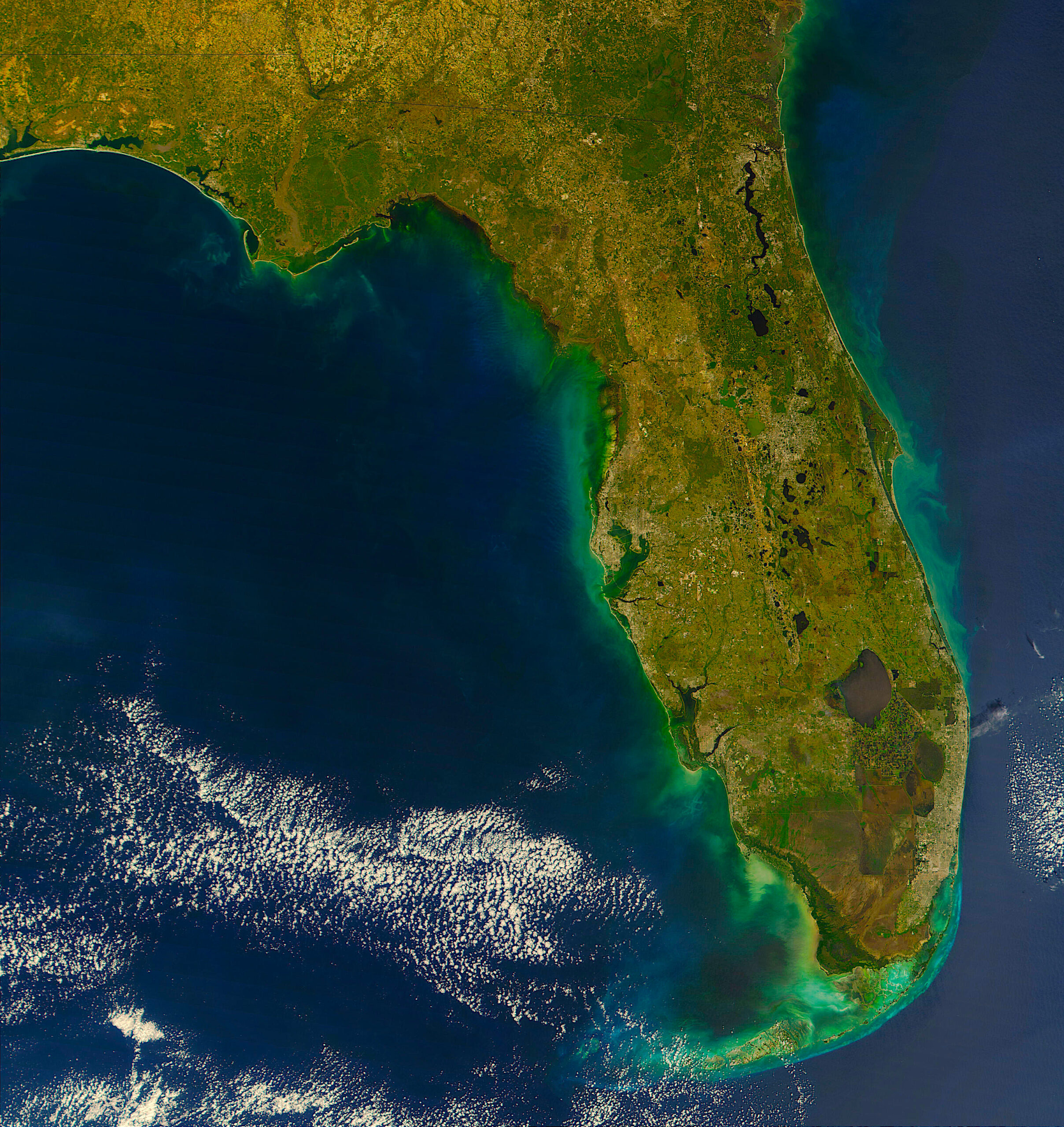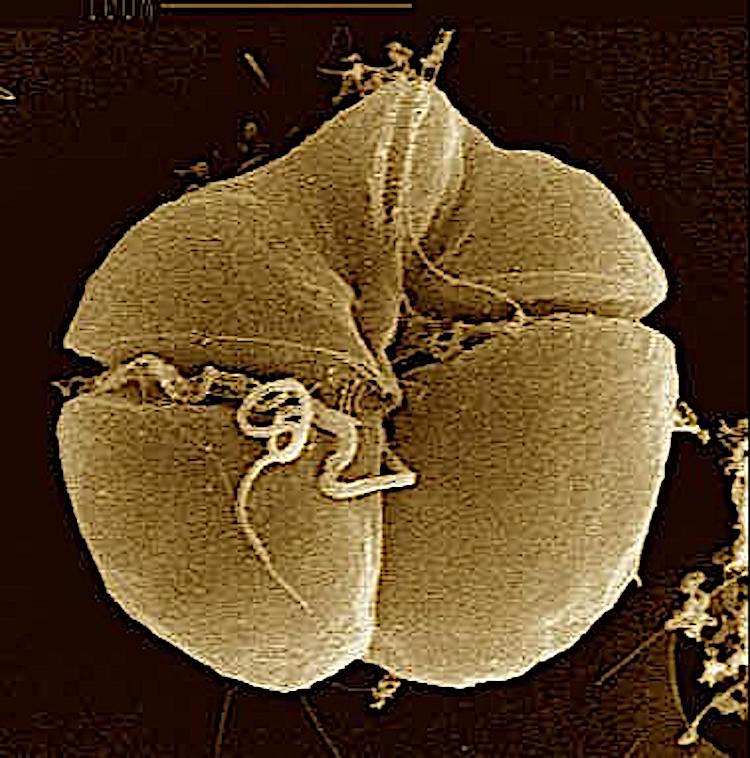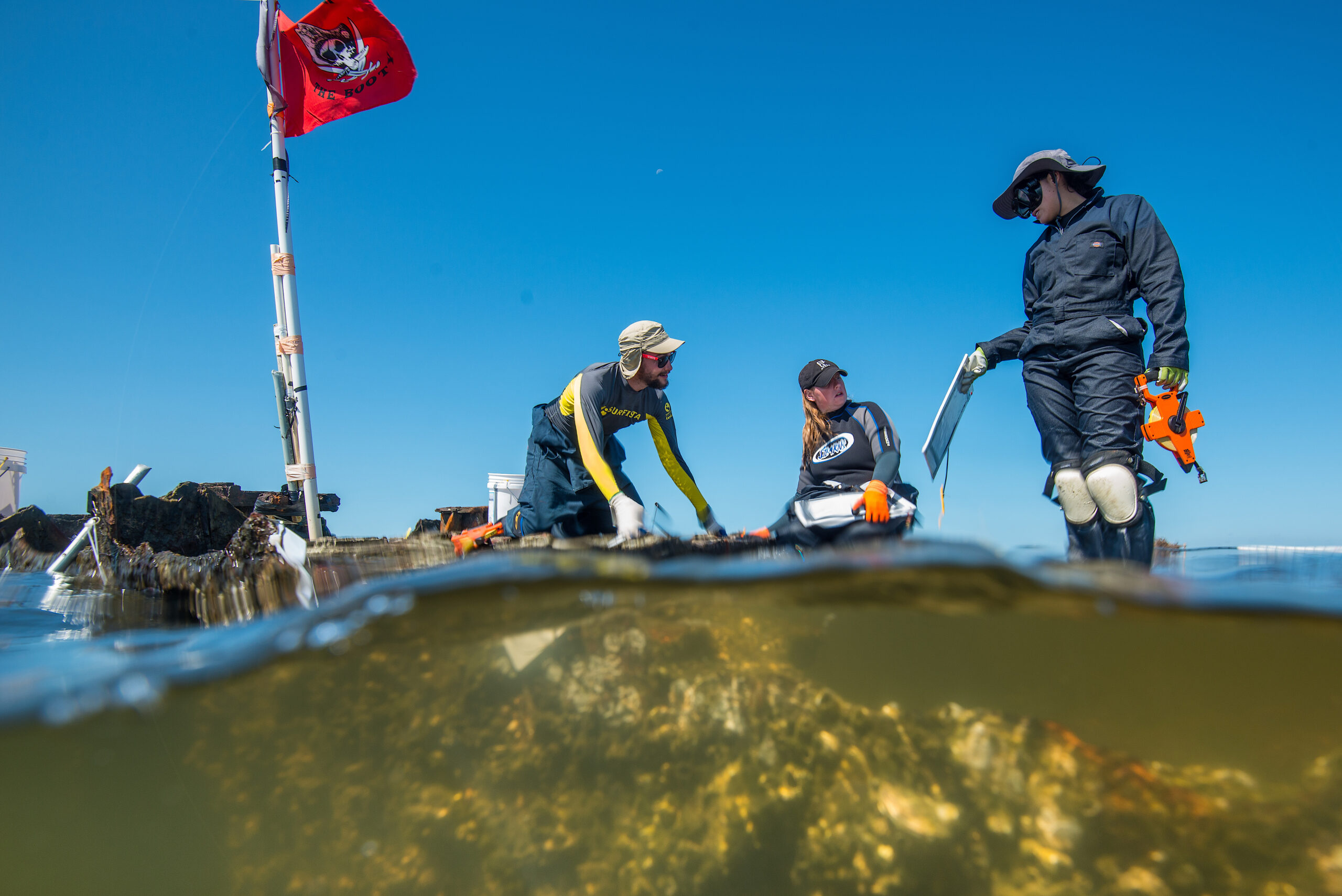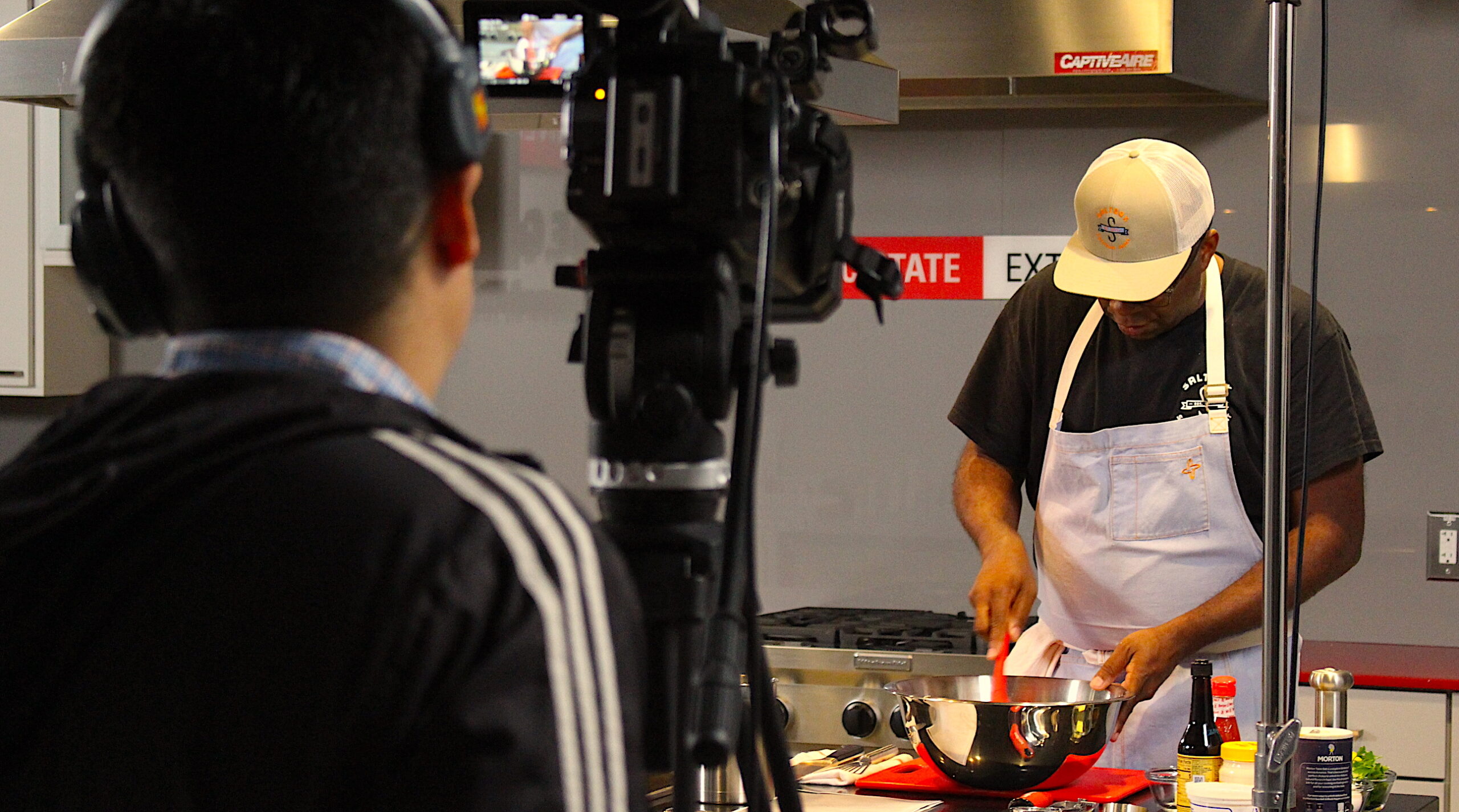Science and Social Media: Twitter and Red Tides

Red Tides occur when there is an overgrowth of Algae in coastal waters that depletes oxygen levels and releases toxins.
The condition turns the water a reddish-brown and can be harmful to human health and sea life. In particular, red tides can kill fish and make shellfish dangerous to eat.
Tracking the reach of a red tide event helps state and local governments respond quickly and accurately to an outbreak. After the extreme red tide outbreak in Florida from 2017 to 2019, researchers wanted to find out if social media posts could provide a timely and accurate real-time roadmap of such an event.
WHY LOOK AT TWEETS?
During hurricanes and other natural disasters, people often turn to social media to share their observations and experiences.
Andrey Skripnikov at the New College of Florida and his colleagues analyzed Twitter messages for this study. Tweets are limited in length and easy to “retweet” to others, which can increase the original tweets’ reach beyond one person’s network.
The researchers looked at over 18,000 tweets originating from five counties of interest in southwestern Florida from May 2018 to May 2019 and determined whether the tweets referenced a red tide. They also evaluated whether the tweets used strong or extreme language (like “bad” or “disgusting”) to describe the tides. Then, they compared the number of tweets in a geographic location to the scientific counts of algae in the local area.

TWITTER AND TIDES
The team found strong relationships between local Twitter activity and the actual red tide conditions that scientists observed. In addition, there was a close geographic relationship between the affected coastal areas and per-capita counts for relevant tweets.
Results of this study show that Twitter can present a trustworthy and inexpensive record of a red tide’s local presence and development. Tweets also could supplement existing tools for efficient assessment of red tides and a coordinated response.
The research team would like to see local governments and planners use an automated Twitter review process in the future on an ongoing basis. This would allow them to have useful data available in real time while a disaster unfolds.
WHAT’S NEXT?
The researchers plan to conduct a deeper analysis of Twitter user groups, social influencers, and other factors to improve public communication during an unfolding environmental event.
the full study
“Using Localized Twitter Activity to Assess Harmful Algal Bloom Impacts of Karenia brevis in Florida, USA”
Christine Ryan is the inaugural communication fellow for the award-winning Hook, Line & Science series, which originally published this story: HookLineScience.com.
- Categories:


